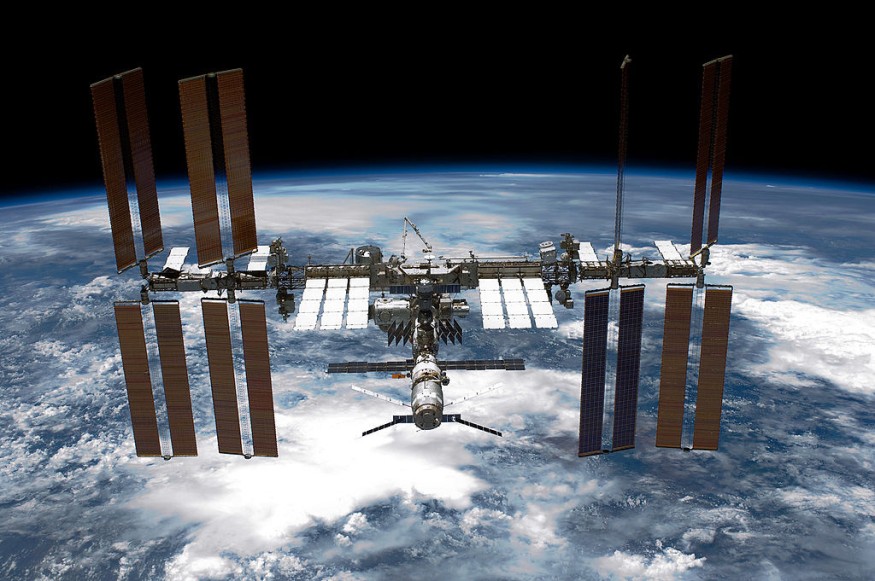
Climate change has already been a constant environmental crisis faced globally, with observable effects calling for action. That is why new-elected US President Joe Biden made sure that major NASA Earth-science missions are included in his platform.
NASA stands out for its excellent planetary discoveries, high technologies and successfully-launched satellites, which is why Biden believes the US federal agency is more than capable of realizing the climate mission and observing Earth while it changes would be easier from a bird's eye view. Monitoring would be made possible with the help of US National Oceanic and Atmospheric Administration (NOAA), mainly responsible for national weather forecasting. While the action is 'particularly crucial' as climate change accelerates, said agency officials, it is not totally impossible.
After Biden's predecessor, Donald Trump, undercut climate-change research and policy, NASA is 'literally reclaiming its seat at the table'. High-level climate task force has already been established a week after Biden took office last January.
Bill Nelson, former senator and NASA's new administrator said in Senate confirmation hearing on April 21 that climate change has to be measured in order to mitigate it, thus the need for NASA's expertise.
Struggles in Climate Mission
NASA plans to launch series of epic spacecrafts and satellites to observe climate change in 2022. This includes US-India radar satellite known as NISAR which will focus on the Antarctic to track shifts in sea-ice cover, and US-Canadian-French-UK spacecraft that will survey freshwater resources and ocean currents.
An Earth observation from 2018 also led to future missions on designing a spacecraft to observe global warming, shifts in clouds and precipitation, and changes in Earth's mass as groundwater dries up.
The reported estimate for these significant missions reaches up to US$300 million and $800 million apiece but report says even with tight budget, the missions are highly doable. Over the years, NASA has been designated a budget of around $2 billion, lesser than other agency programs, which is why last April, Biden proposed on increasing NASA's Earth-sciences budget to nearly $2.3 billion. As of now, the Congress has not yet approved it.
Continuing Efforts
Abdalati, previous chief scientist of NASA expressed his support on increasing budget for future missions, saying NASA's results has become better despite underinvestment for years. Continuing efforts are done to be able to continue doing climate science. In fact, new instrument called Libera is proposed to launch in 2027 to measure solar radiation. However, Karen St. Germain, head of NASA's Earth-science division in Washington DC admitted how the COVID-19 pandemic had been a challenging time and the project has not made that much progress as it would have.
Other efforts are done to make ends meet by partnering up with commercial companies to raise funds. The agency even put up a program by buying Earth-observation data from satellite companies, making them available to NASA-funded researchers and complement measurements from government satellites. However, NASA's efforts have, several times, been called off.
Boosting budget for NASA's Earth-science division would make a lot of difference on expediting progress on satellites to track climate change, and NASA is putting their hopes now on the Congress's approval.
© 2025 NatureWorldNews.com All rights reserved. Do not reproduce without permission.





